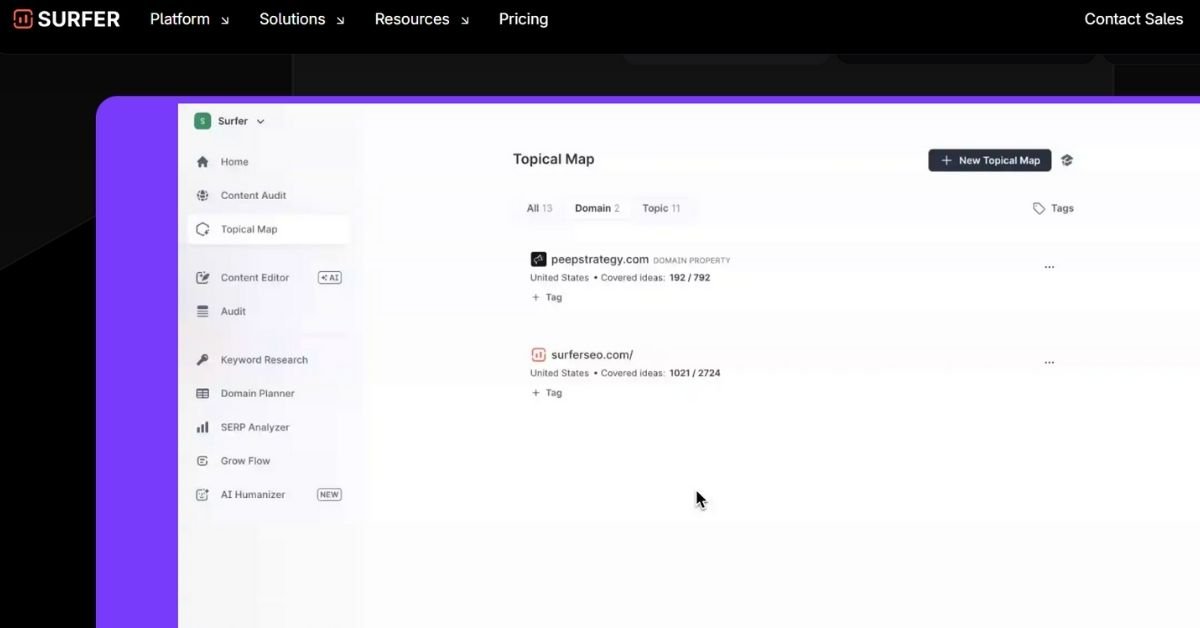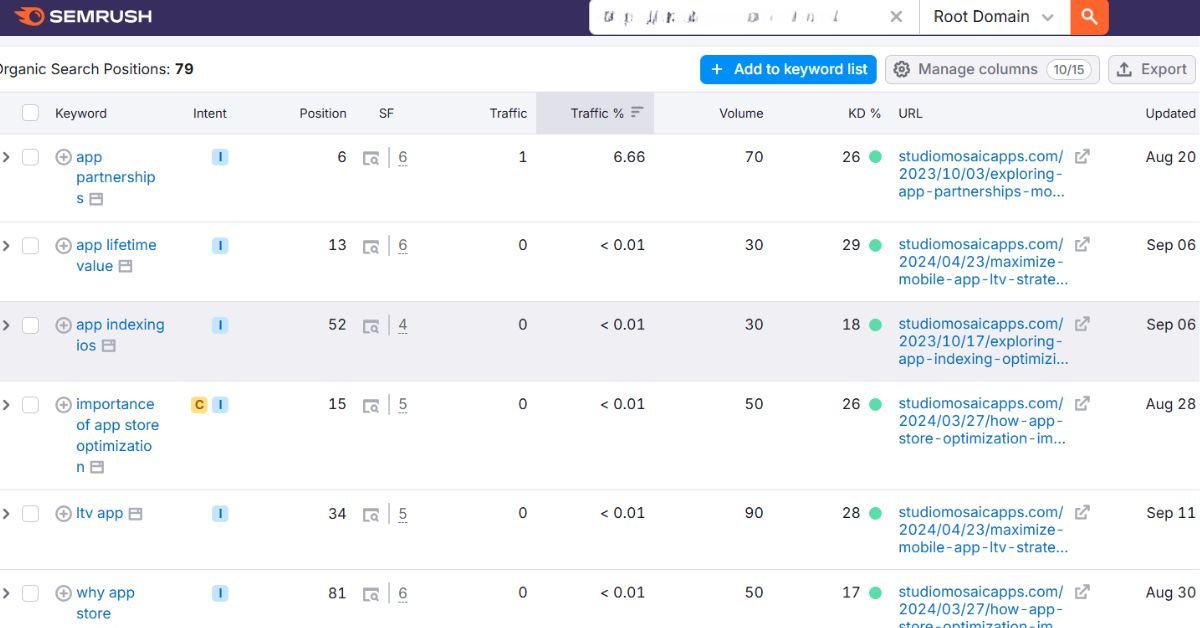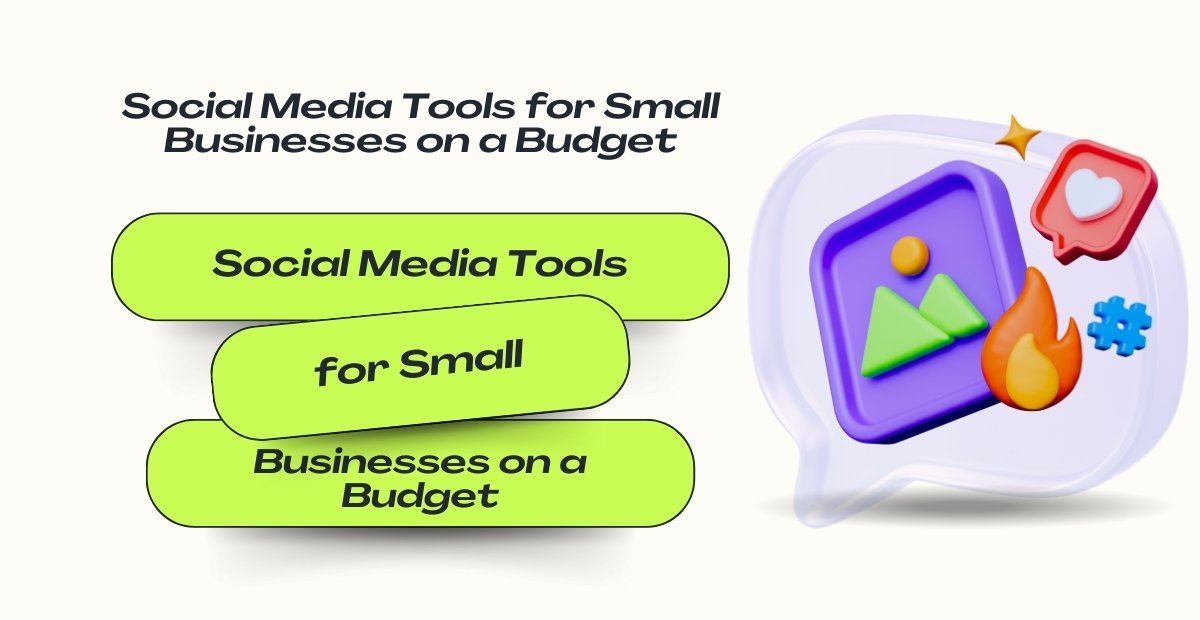
Best Free Keyword Research Tools for SEO
Last updated on October 7th, 2025 at 04:30 am
Looking to rank higher on Google without burning money on expensive tools? You’re in the right place. In today’s competitive landscape, finding the right keywords is half the battle, and thankfully, you don’t always need paid software to win it. There are several Best Free Keyword Research Tools for SEO that offer powerful insights into search volume, trends, and competitor strategies. Whether you’re a blogger, marketer, or small business owner, these tools can help you uncover hidden opportunities and craft content that actually ranks. In the next sections, we’ll explore how to use them smartly and efficiently to grow your traffic.
Why Keyword Research Is the Foundation of SEO Success
Every successful SEO strategy begins with one core action: understanding what your audience is searching for. Keyword research isn’t just about collecting phrases; it’s about uncovering real user intent and building content that answers it better than anyone else. While paid tools offer in-depth analytics, the Best Free Keyword Research Tools for SEO can be just as powerful when used strategically. Platforms like Google Keyword Planner, Ubersuggest provide more than enough data to identify search volume, competition, and content gaps without spending a rupee. The key is not just finding keywords but choosing the ones that match your business goals.
Top Free Keyword Research Tools for SEO – Complete List
If you’re trying to grow your website or blog, keyword research is your starting line. The right keyword tells you exactly what your audience is searching for and helps you create content that ranks. But here’s the good news: you don’t need expensive subscriptions to get results. There are several Best Free Keyword Research Tools for SEO that offer real data, search volume insights, question-based ideas, and even long-tail variations.
1. Google Keyword Planner – Direct Data from the Source

When it comes to keyword research, Google Keyword Planner (GKP) is often considered the most accurate free tool because it pulls its data directly from Google Ads. Since Google controls the search engine, the numbers you see here for monthly search volumes, competition levels, and bid ranges are as close to reality as you can get.
For anyone working on SEO or PPC, Keyword Planner is a must-use. It provides:
- Search Volume Data – how many people search for a term each month.
- Competition Levels – low, medium, or high, based on how many advertisers bid for that keyword.
- CPC/Bid Estimates – useful not only for advertisers but also for gauging commercial intent.
- Keyword Ideas – enter a seed keyword or a competitor’s URL and discover hundreds of related phrases.
Best For: Bloggers validating keywords before writing content, PPC advertisers planning ad budgets, and SEO beginners who want a reliable starting point.
Pro Tip: Paste in a competitor’s blog post URL instead of a keyword, and Google will show you the terms they already rank for—a great way to build a winning content plan.
Simply put, Google Keyword Planner is the benchmark for keyword validation, and it’s always the smartest place to start your research.
2. Ubersuggest by Neil Patel – Beginner-Friendly & Insightful

Created by Neil Patel, Ubersuggest has become one of the most popular free keyword research tools for beginners. Its biggest advantage is its user-friendly dashboard, which presents keyword ideas, search volume, competition level, and even top-ranking pages in a clean, easy-to-digest format. Unlike many professional tools that feel overwhelming, Ubersuggest is designed for simplicity without compromising on valuable insights.
With the free version, you get a limited number of daily searches, but for most beginners and small bloggers, this is more than enough to build a keyword list or content plan. The tool gives you:
- Keyword Suggestions – Related, long-tail, and question-based queries.
- SEO Difficulty Scores – Helps you identify keywords that are easier to rank for.
- Top Ranking Pages – See which websites currently rank for your keyword and how much traffic they get.
- Content Ideas – Find trending articles and create something better with improved depth or a unique angle.
Best For: Quick keyword validation, basic content strategy, and bloggers who prefer a simple interface.
Pro Tip: Use the “Content Ideas” tab to uncover articles already ranking on Google, then create a stronger, updated version to outrank them.
For simplicity, Ubersuggest is easily one of the best free keyword research tools for SEO to bookmark.
3. Keyword Surfer (Chrome Extension) – Insights While You Google

If you’re someone who hates switching between tools and dashboards, Keyword Surfer is a game-changer. It’s a free Chrome extension that integrates directly into Google Search, showing keyword data the moment you hit enter. Instead of juggling multiple tabs, you get search volume, CPC estimates, related keyword suggestions, and the word count of top-ranking pages right in the search results.
It makes it perfect for on-the-go SEO research. Whether you’re brainstorming blog ideas, validating a keyword before writing, or just curious about a search term’s popularity, Keyword Surfer keeps things quick and efficient.
What it Offers:
- Search Volume – Instantly see how popular a keyword is.
- Related Keywords – Suggestions appear in the sidebar with volume and similarity.
- On-Page Insights – Word count and estimated traffic of ranking pages.
- One-Click Export – Save keywords to a list for later planning.
Best For: Content creators, bloggers, and marketers who want real-time keyword insights without leaving Google.
Pro Tip: Install it, search for any topic, and immediately know whether it’s worth targeting, no extra steps required.
It may look lightweight, but Keyword Surfer is one of the most underrated free keyword research tools for SEO for quick validation.
4. Ahrefs Free Keyword Generator – Fast & Powerful

Ahrefs is widely recognized as one of the most powerful premium SEO platforms, but not everyone knows they also provide a Free Keyword Generator. This tool gives you the top 100 keyword ideas for any seed keyword, complete with search volume and keyword difficulty (KD) scores. For anyone dealing with competitive SERPs, this data is a goldmine because it helps you prioritize keywords you can realistically rank for.
Unlike many free tools, Ahrefs goes beyond Google search. You can instantly switch to YouTube, Amazon, or Bing to generate platform-specific keyword ideas. That makes it extremely valuable for content creators, bloggers, and e-commerce sellers who don’t just rely on Google but want to dominate across multiple platforms.
What it Offers:
- Top 100 Keyword Suggestions – with accurate search volume.
- Keyword Difficulty (KD) Score – gauge how hard it is to rank.
- Multi-Platform Options – toggle between Google, YouTube, Bing, and Amazon.
- Click Data (limited free version) – shows how often keywords result in actual clicks.
Best For: SEO professionals, competitive niches, and multi-platform strategies.
Pro Tip: Don’t just use it for Google, switch to YouTube or Amazon to discover untapped keyword opportunities.
For global SEO power users, Ahrefs’ free keyword tool is one of the best free keyword research tools for SEO to keep in your arsenal.
5. SEMrush Keyword Magic Tool (Free Version) – Deep Competitor Insights

SEMrush is one of the most trusted names in SEO, and while it’s a premium platform, its Keyword Magic Tool offers a limited number of free searches daily. The advantage? Even with just one search, you can unlock thousands of keyword variations in seconds. Unlike basic tools, SEMrush organizes results into broad match, phrase match, exact match, and related keywords, giving you a 360° view of your niche.
What makes SEMrush particularly powerful is its Questions filter. Enter a seed phrase like “best laptops” and switch to “Questions,” you’ll instantly see long-tail queries such as “what is the best laptop for students” or “which laptop is best for video editing.” These are high-intent keywords perfect for blogs, FAQs, and PPC campaigns.
What it Offers:
- Massive Keyword Database – thousands of results per search.
- Question-Based Keywords – excellent for content marketing.
- Keyword Match Types – broad, phrase, exact, and related.
- Competitor Research – find the keywords driving traffic to rival websites.
Best For: PPC advertisers, competitive keyword research, and content creators seeking long-tail ideas.
Pro Tip: Always test question-based filters for easy blog topics with clear user intent.
When it comes to depth plus accuracy, SEMrush consistently ranks among the best free keyword research tools for SEO.
6. Moz Keyword Explorer – Clean SERP Analysis

Moz has been a trusted name in the SEO world for years, and its Keyword Explorer remains one of the best free keyword research tools for gaining clear, actionable insights. The free plan gives you 10 queries per month, which may sound limited, but each query unlocks valuable data points like search volume ranges, difficulty scores, organic CTR (click-through rate), and priority score.
What makes Moz unique is its Priority Score, a metric that blends volume, difficulty, and CTR to highlight the keywords worth targeting. It helps bloggers and niche site creators save time by focusing only on keywords that balance demand and achievability.
What it Offers:
- Search Volume Estimates – average monthly searches with ranges.
- Keyword Difficulty – how competitive the SERP is.
- Organic CTR – reveals if searchers actually click on results (useful when ads or snippets dominate SERPs).
- Priority Score – a combined metric to simplify keyword selection.
Best For: Bloggers, affiliate marketers, and niche site builders who want to prioritize quality keywords over chasing high-volume terms.
Pro Tip: Always check the Organic CTR of a keyword with high search volume, but low CTR might not be worth your effort.
Moz Keyword Explorer isn’t flashy, but it’s among the best free keyword research tools for SEO when you need clarity and precision.
Comparison Table – Free Keyword Tools Features & Limitations
| Tool Name | Best For | Data Accuracy | Long-Tail Suggestions | Competitor Insights | Daily Limitations |
|---|---|---|---|---|---|
| Google Keyword Planner | PPC & SEO basics | High (direct from Google) | Limited | Minimal | Requires Ads account |
| Ubersuggest (Neil Patel) | Beginners | Moderate | Yes | Basic | Limited free searches |
| Keyword Surfer (Chrome) | Quick SERP data | Moderate | Yes | No | Browser-based only |
| Ahrefs Free Keyword Generator | Powerful keyword sets | High | Yes | Minimal | 100 keywords per search |
| SEMrush Keyword Magic (Free) | Competitor research | High | Yes | Yes | 10 searches/day |
| Moz Keyword Explorer | SERP overview | Moderate | Yes | Yes (limited) | 10 free queries |
How to Choose the Right Free Keyword Research Tool?
Not all keyword tools are built for the same purpose. The Best Free Keyword Research Tools for SEO will depend entirely on what you’re trying to rank.
For Bloggers & Small Websites:You need simplicity and long-tail ideas. Tools like Google Keyword Planner help uncover questions real users are asking. Look for features like search volume filters and “related keywords” suggestions, that’s where hidden ranking opportunities live.
For E-commerce SEO & Product Pages:Your focus isn’t just traffic, it’s buyer intent. The Best Free Keyword Research Tools for SEO in this case are Ubersuggest or KeywordTool.io (Amazon tab). Instead of chasing broad terms like “running shoes,” search for purchase-ready keywords like “best running shoes under ₹2000.”
For Agencies & Competitive Markets:You can’t afford surface-level data. Use SEMrush’s free tier or Ahrefs Keyword Generator to analyse keyword difficulty and competitor ranking pages quickly. It helps you decide whether a keyword is worth the effort before building content around it.
No matter your niche, the Best Free Keyword Research Tools for SEO are the ones that save time and reveal real ranking opportunities, not just numbers
Conclusion
Getting started with SEO doesn’t have to feel overwhelming or expensive. The Best Free Keyword Research Tools for SEO give beginners a practical way to explore, analyze, and understand search demand without spending a single rupee. These tools are simple to use, highly accessible, and provide a strong foundation for building an effective SEO strategy. If you’re just stepping into the world of keyword research, begin with these free options, learn how audiences search, and refine your content approach. Once you’ve mastered the basics, you can always scale up with premium tools. The key is to start experimenting today and let your SEO journey grow step by step.





Add Comment